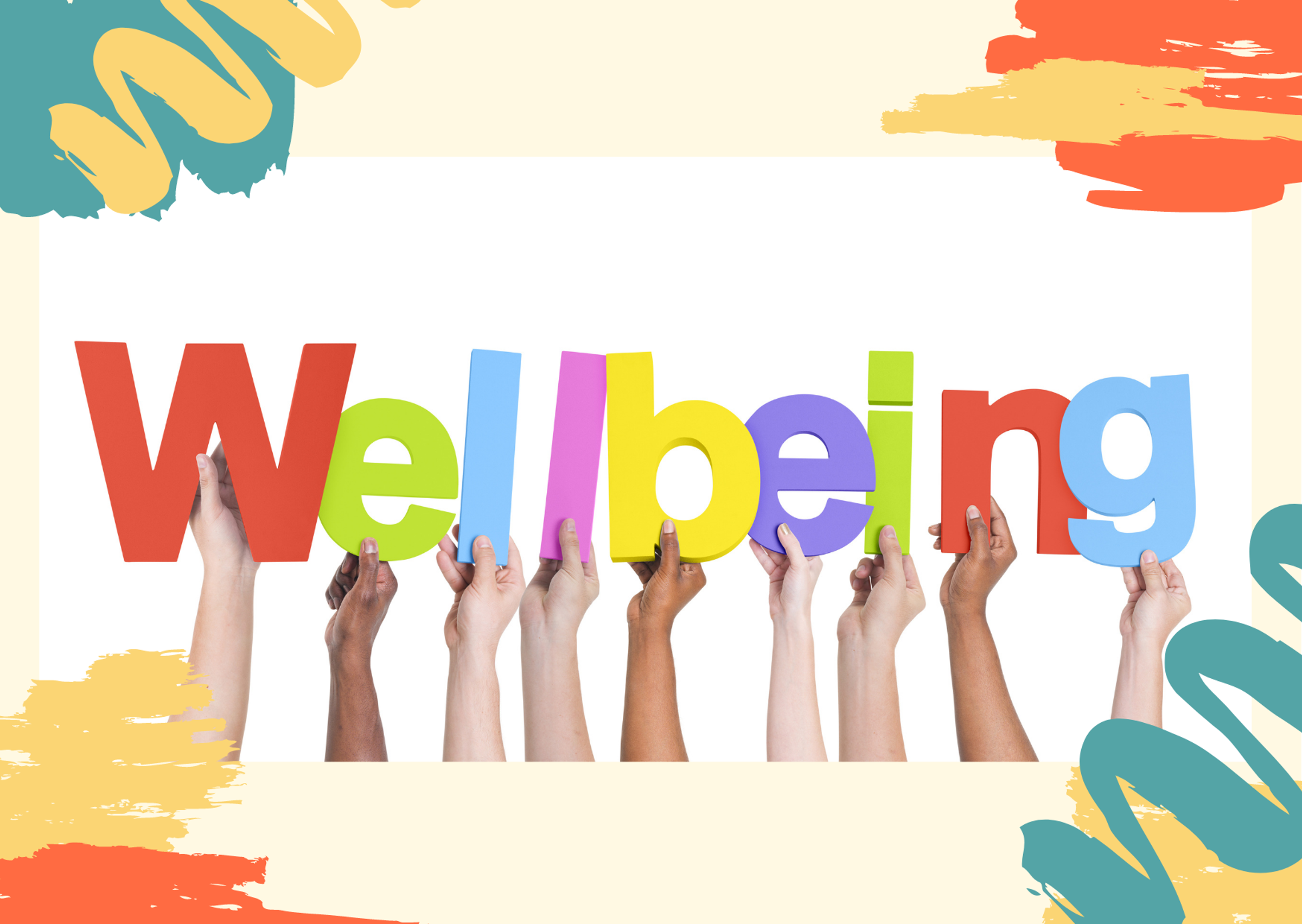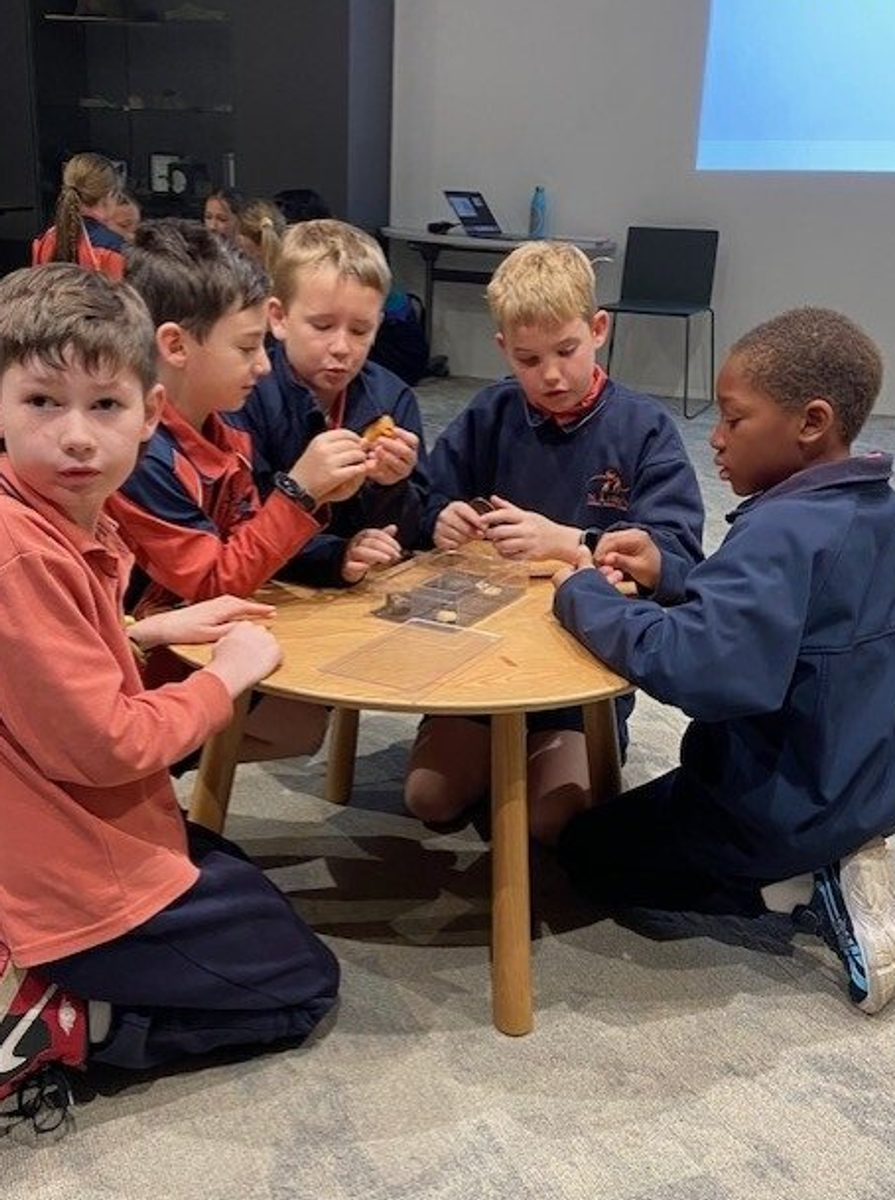Wellbeing

Building Routines That Help Children Thrive:
As a school we have started on the journey with Classroom Mastery – creating engaged, positive and productive classrooms as part of the Magnify program. Consistence practice and routines across the whole school have certainly had an impact in classrooms and the yard.
I had the absolute pleasure of attending the Year Four excursion to the Melbourne Museum, where our students showcased their new learning, lining up routines, listening skills and ways of responding to questions. We were delighted to have members of the public, other schools and Museum staff complement our students' behaviour, self-regulation and engagement with the exhibits. Similar comments were echoed when the Year Three students attended the following day.
To say we were proud is an understatement!
We know that structure and routine aren’t just about keeping the day running smoothly—they’re essential tools for helping children feel safe, confident, and ready to learn.
Here’s why we know routines matter, and how they support every aspect of a child’s development:
🌟 Why Structure Makes a Difference
- Predictability = Security Children feel more at ease when they know what’s coming next. A consistent routine helps reduce anxiety and builds trust.
- Emotional Regulation Regular rhythms help children manage big feelings and transitions more smoothly.
- Independence & Confidence When kids know the steps, they begin to take initiative — whether it’s packing their school bag or brushing their teeth.
- Healthy Habits Consistent mealtimes, bedtimes, and breaks support better sleep, nutrition, and overall wellbeing.
- Less Stress for Everyone A predictable day means fewer meltdowns — for children, families, and school staff alike.
🧠 Learning & Development Benefits
- Time Management Skills Even young learners begin to understand how to plan and prioritise.
- Improved Focus Regular study or reading time helps reinforce memory and attention.
- Growing Independence Children learn to take responsibility for their tasks and routines.
- Sense of Safety Predictable routines help children feel secure and reduce emotional overwhelm.
- Confidence Boosters Completing daily tasks gives children a sense of achievement
Emotional & Social Growth
- Sense of Safety Predictable routines help children feel secure and reduce emotional overwhelm.
- Confidence Boosters Completing daily tasks gives children a sense of achievement.
Smoother Transitions When routines are clear, moments like bedtime or leaving the playground become easier.
🛌 Physical Wellbeing
- Better Sleep Regular bedtimes help regulate natural sleep cycles.
- Healthy Habits Scheduled meals and hygiene routines support physical health.
Calmer Days Less last-minute scrambling means more peaceful mornings and evenings.
👨👩👧 Family & Community Connection
- Stronger Bonds Shared routines create meaningful moments between children and caregivers.
- Responsibility & Teamwork Daily tasks become part of a child’s rhythm and identity.
School/Learning Readiness Familiar structure helps children feel confident and capable in the classroom.
At school and at home, routines are more than just schedules—they’re the foundation for growth, resilience, and joy. Let’s keep building them together.
Donna




